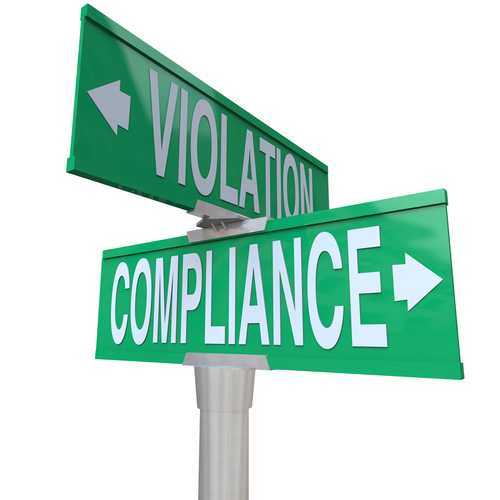The FCC is investing millions of dollars to remove eRate waste, fraud, and abuse. Here’s how to make sure you’re not caught in its net
This summer, the Federal Communications Commission [1] (FCC) created a Universal Service Fund [2] (USF) Strike Force, which is tasked with combating waste, fraud, and abuse in various USF programs, including the eRate.
This newly created Strike Force, which is part of the FCC’s Enforcement Bureau, will almost certainly expend considerable resources ensuring that the procurement practices of schools receiving eRate funding comply with FCC rules.
To avoid a future encounter with the Strike Force, schools should re-evaluate their internal compliance programs—and here’s how.
For schools, one of the biggest challenges in the eRate process has been complying simultaneously with state and local procurement rules and with the separate, occasionally inconsistent requirements of the eRate.
While the eRate requires adherence to state and local procurement laws, the program also requires applicants to comply with a number of rules that are unique to the program, or face a denial of funding. Because these eRate rules are not always ingrained into a school district’s procurement practices, they are sometimes ignored or misinterpreted—with disastrous results.
(Next page: The most common eRate rule violations—and how to avoid them)
There are as many opportunities to violate eRate rules as there are rules, but the most common rule violations are:
- Failing to create a written bid evaluation matrix.
- Failing to make the price of eligible services the most heavily weighted factor in the bid evaluation matrix.
- Failing to wait 28 days after posting a Form 470 and before awarding any contract to a service provider.
- Submitting a Form 471 to the Universal Service Administrative Company (USAC) before entering into a contract with the service provider. While USAC defers to state law as to when a contract has been formed, it does insist that this formation occur prior to a Form 471 being submitted.
- Choosing a service provider for the installation of internal connections without obtaining a price for all of the parts and labor associated with this installation. Schools are not permitted to hire an entity as a “general contractor” and then have that entity procure the parts and labor necessary for the installation. The FCC prohibits such procurement practices because they put an entity other than the school district in charge of the project. Moreover, the “general contractor” approach does not allow schools to compare each bidder’s price of eligible services, which is central to the program’s procurement rules.
In the face of all of these eRate rules, how are schools to stay on the right side of the law? The best way to minimize your risk of compliance problems is to take some or all of the following steps:
- Empower a core group of employees to oversee compliance with the eRate. Because the program’s rules are complex and often counterintuitive, it is rarely beneficial to allow untrained (or, perhaps worse, partially trained) employees to interact with the program. A small group of employees who develop subject matter expertise regarding eRate compliance can literally save you millions of dollars.
- Keep that core group current on changes to the program’s requirements. Either prepare periodic in-house training sessions, or take advantage of USAC’s online materials—or do both.
- Prepare a written eRate compliance manual that all employees involved in the program can reference, and update this resource regularly.
- Appoint an in-house eRate expert who can troubleshoot any eRate issues and serve as a resource for other employees with questions about the program.
The eRate is an excellent source of federal support for internet-related services. However, the program is filled with a number of complex—and often counterintuitive—rules that, if not followed, can lead to a visit from the Strike Force, a loss of funding, and all the bad things that follow. With that in mind, applicants should ensure they have employees who are well versed in the program’s rules.
Steve Rosen and Colleen Boothby are partners in the law firm of Levine, Blaszak, Block, & Boothby LLP (lb3law.com [3]). Steve and Colleen have counseled school districts and service providers on eRate matters and have represented such entities before both the FCC and USAC.
